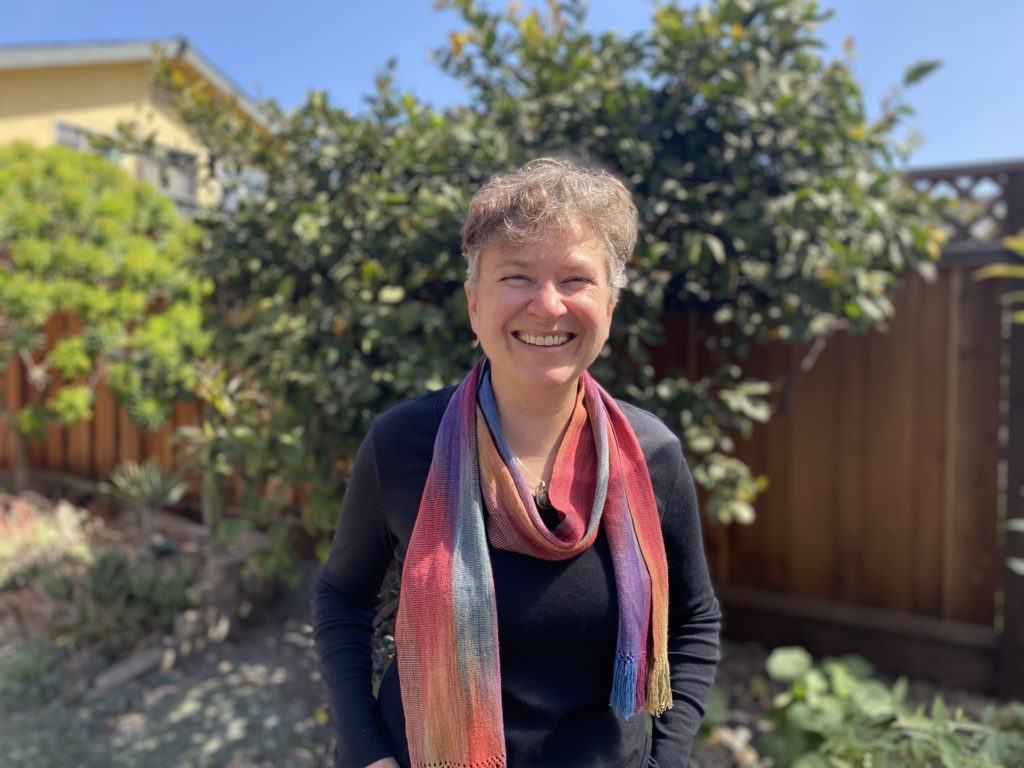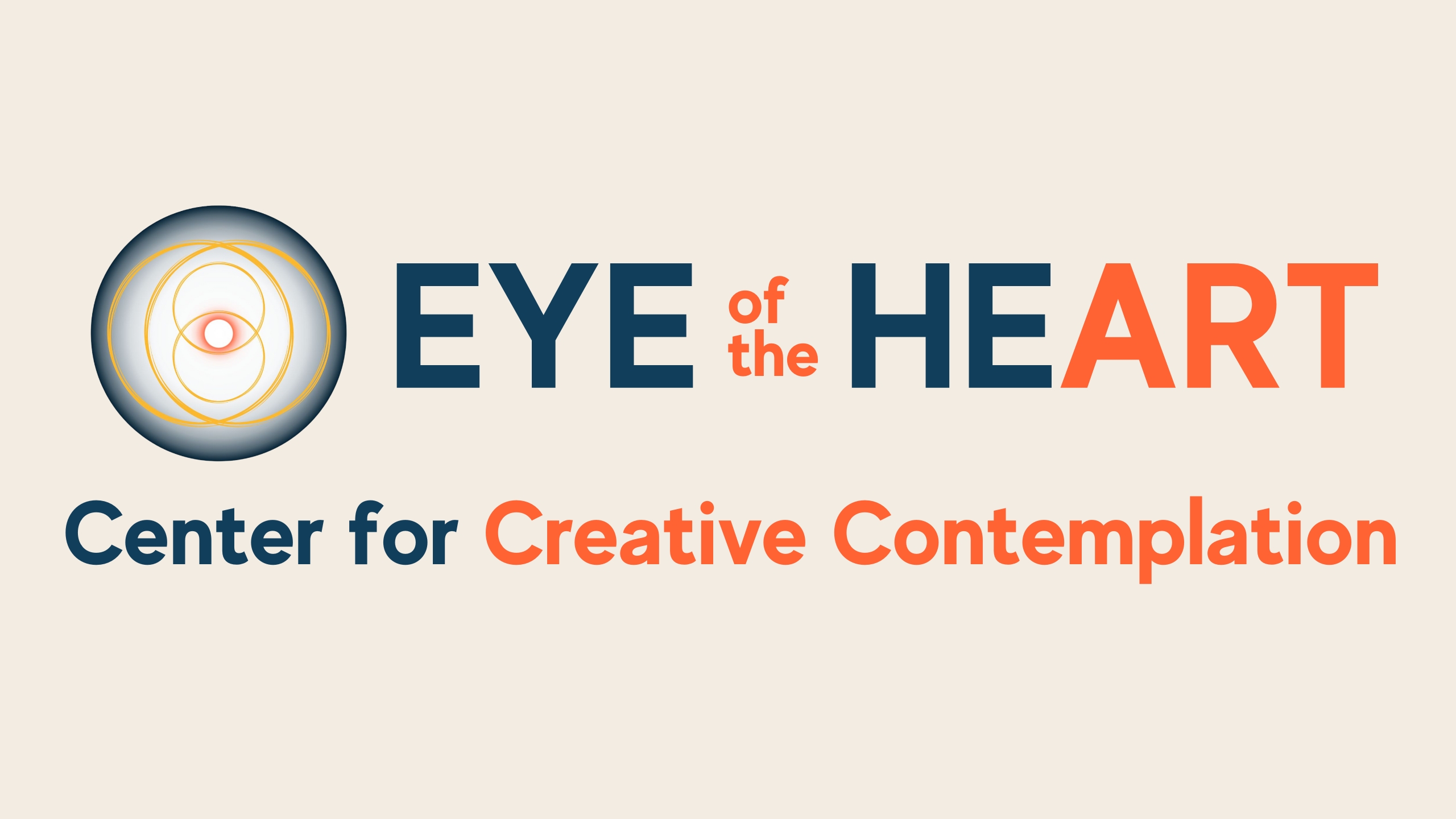Creative writers naturally experience meaningful, life-giving moments of transformation in and through their writing. But this sacred dimension of the creative practice is easily hijacked by a consumeristic milieu (we understand our work to be a product) and by an elitist understanding of art (these products are either good or bad). We’re often indoctrinated to dismiss the spiritual as irrational conservative religiosity or new age fantasy or self-centered, ineffectual interiority—attitudes detrimental to the awakening potential inherent within writing. This broad cultural denial of the interior life, and especially the ardent atheism of the academy within which much of the literary community resides, means that writers’ experiences of epiphany, healing, and connection are rarely cultivated and more often denied or denigrated. As a result, they wither. Writers are deprived of the life-giving potential of a contemplative practice, and their creations are drained of this moral, connective, meaning-making, mystical energy.
My work is to help writers rediscover the sacred dimension of writing and reclaim writing as a transformational practice. I help writers see the creative process as a means of participating in Creation itself—as a way to step up to our common calling to be co-creators. My work, through writing texts (Writing the Sacred Journey: The Art & Practice of Spiritual Memoir; Living Revision: A Writer’s Craft as Spiritual Practice; and The Release: Finding Creativity & Freedom After the Writing is Done), through Eye of the Heart Center for Creative Contemplation, and through teaching, generates a culture where writing’s natural, transformational power and the rigorous development of art go hand-in-hand.
Ursula King writes, “The task for every person is to build her or his soul; that is, each must assemble the widely scattered elements of one’s experience into a unified whole.” I understand spiritual memoir in particular to be a practical tool for this effort, accessible to all who write, regardless of faith or spiritual background. “Aliveness,” Ann Belford Ulanov writes, “springs from our making something of what we experience and receiving what experience makes of us.” The work of composing memories invites us into this co-creative dynamic; we make meaning of our lives, and that process is itself meaningful.
Stories matter. If, as Teilhard de Chardin wrote, “Life in the world continually rises toward greater consciousness proportionate to greater complexity,” our life in literature is moving toward a vast diversity of true, fully formed stories. We live in a reductionist society that’s always pushing for what Chimamanda Ngozi Adichie calls a “single story.” Single stories are the stuff of stereotypes, “and the problem with stereotypes is not that they are untrue, but that they are incomplete. They make one story become the only story.” My work helps writers understand the multiplicity within their own stories—that we can vision and revision our life experiences, over time and over drafts—and also supports this multiplicity within our public discourse by nurturing a diverse range of stories about the inner life. Every person’s realized story illuminates a facet of divinity.
Thus I understand my prophetic work as reclaiming the sacred dimension of the writing practice, illuminating the significance of this dimension for healing a broken world, and helping make it accessible to all who write.


Elizabeth is a co-founder of the Eye of the Heart Center, a new collective of artists and wisdom teachers dedicated to nurturing meaningful community and supporting spiritual transformation through the arts.
Listen to a podcast interview with Chris Bohnhoff from Plymouth Congregational Church of Minneapolis.
[Elizabeth’s] words are always a quiet nudge to keep working from my heart and not my head.
–Baxter Clare Trautman
As a teacher and spiritual director
I hold space for others to participate in the creation of their own sacred stories. I teach skills (in listening, in the craft of writing, in giving and receiving feedback), ask questions, offer ethical and relational guidelines, and foster community. The creative process can become a fruitful spiritual practice.
As a writing coach
I am committed to supporting authors of literary fiction and nonfiction in creating honest, artful, and fully-realized work. I specialize in facilitating writing as a spiritual practice and teaching the craft of writing to those whose passion resides in a profession or avocation.
Because I understand writing to be a process and the creation of a book to be a journey into new ways of seeing a subject, I most often work with authors and their projects over a period of time, offering manuscript critique, conversation about the writing process, and support through revision. For this reason, I limit my work to those with established writing practices.
I tailor my services to meet each writer’s needs. Our work together might include:
Support in the creative process.
I can offer exercises and support for maintaining a lively writing habit. I can provide deadlines for those who thrive on pressure.
Guidance for developing a project.
- Early drafts: I offer suggestions for deepening manuscripts by asking questions and making observations. I often give exercises that teach writing skills beyond the parameters of a particular piece. I specialize in guiding writers to shape a literary work—in other words, book development.
- Later drafts: I can read your manuscript for thematic integrity, narrative arc, pacing, character and scene development, structure, openings and endings, as well as more cosmetic elements like sentence structure and word choice. I do not edit.
- While I always write marginal comments and a comprehensive letter of feedback, I find it helpful to meet with authors to discuss their draft.
- I only take on projects I believe in. If I am unfamiliar with your work, I will request a writing sample and telephone conversation to see if we’re a good fit. As of 2022, I charge $100/hr for one-on-one consultation and $80/hr for reading time for new clients. I also have a sliding fee scale for those able to pay more or needing to pay less. For manuscript reviews, I will ask for a deposit.
Please contact me if you have any questions.
Examples of clients’ published work.
Visit my Bookshop page to see some of my recommended books.